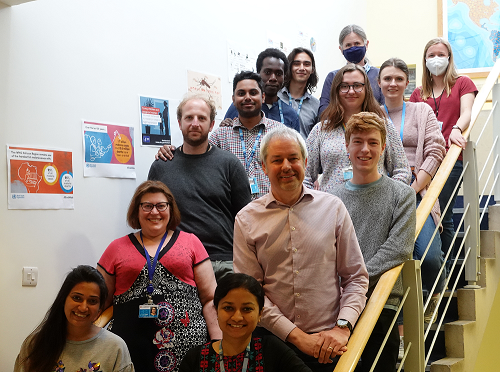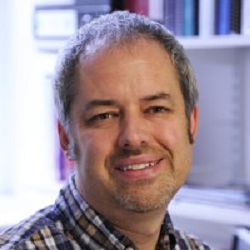The molecular mechanisms of malaria infection
General audience summary:
Malaria remains a devastating, global health concern. In 2017 there were an estimated 219 million cases worldwide with 435,000 deaths – 61 % of which were in children under five (source: World Health Organisation). In my laboratory, we work closely with other scientists in countries where malaria is present as part of the global research effort against malaria. Our focus is on understanding exactly how the malaria-causing Plasmodium parasites are able to infect human red blood cells. In one strand of this research, we are identifying the particular proteins used by the parasites to recognise and target red blood cells. Such proteins could form the basis of potential new vaccines to prevent infection. In the other strand, our research into the genetic makeup of the parasites may reveal potential vulnerabilities for targeting by drugs, and therefore better treatments.
Strategic CIMR theme: Intracellular Infections
Funding: Wellcome Trust, National Institutes of Health (US), European Union
Research Group members: Alazhar Colombowala, Theresa Feltwell, Alison Kemp, Prasun Kundu, Karolina Kwiatkowska, Balanding Manneh, Deboki Naskar, Ekta Saini, Lewis Strachan, Eleanor Sylvestor, Julie Verhoef, Katty Wadda



